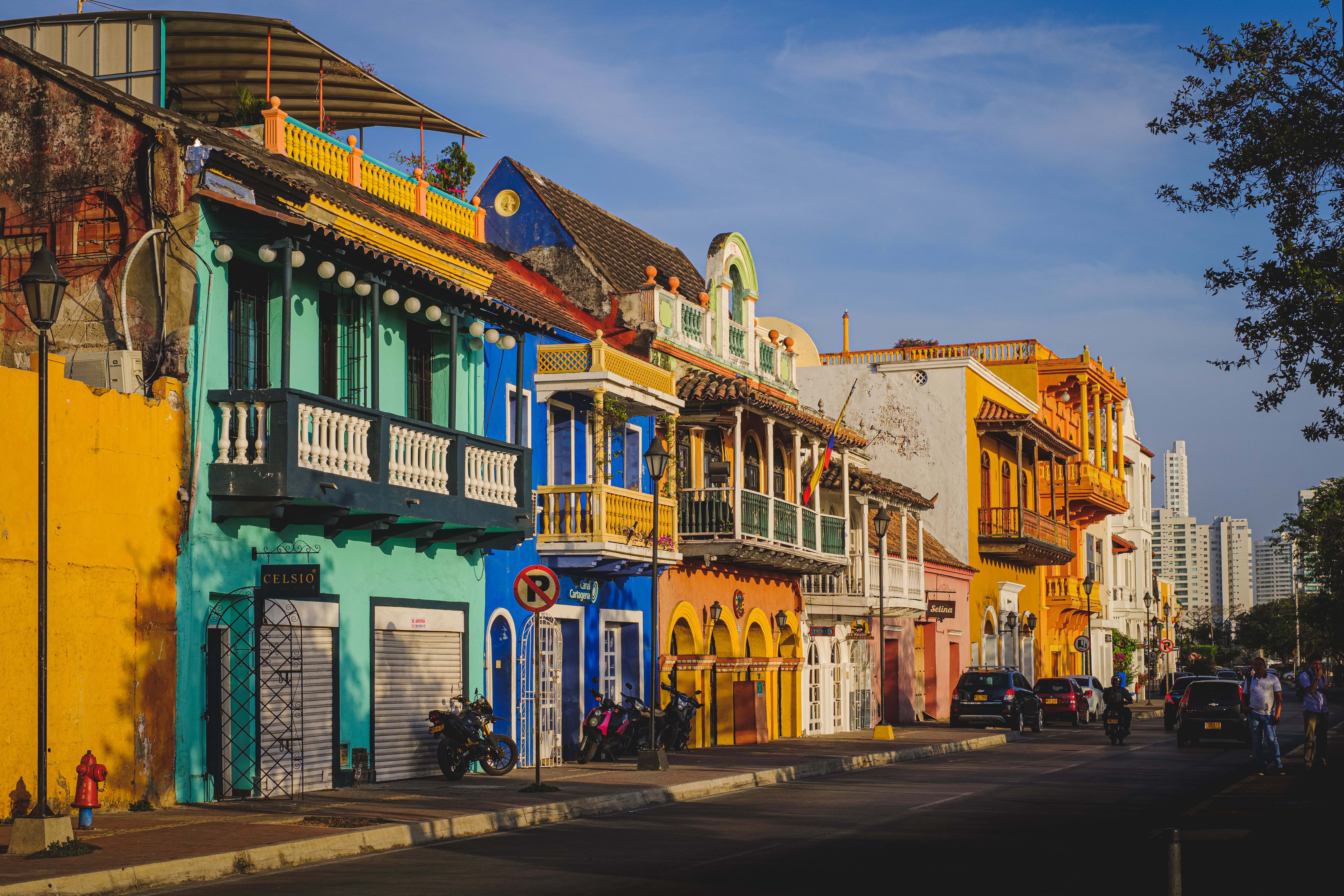
Law 2068 was enacted by the Congress of Colombia aiming to regulate key aspects related to the promotion of tourism in Colombia.
The Law defines some relevant concepts such as the capacity of a tourist attraction, understood as the (1) limit of tourist usage in a period so that it is sustainable, and the (2) carrying capacity, understood as the limit to the intensity of tourist use by a number of people determined by the corresponding authority so that it is sustainable.
Additionally, it defines tourist service providers as all persons based in Colombia or abroad, that directly or indirectly provide, mediate, contract, market, sell, or reserve tourist services. An electronic or digital platform of tourist services, in accordance with the provisions of the Law, should be understood as one that allows tourists to search and find a tourist service, contact the provider, reserve and / or pay for said service. The operator of the electronic platform will be the person who manages, operates, or represents the tourist services platform.
The Law considers the possibility that local governments declare some areas as tourist attractions, which implies that said assets are assigned to their exploitation as tourist attractions. If the property object of a declaration is public, it must have a program and budget for reconstruction, restoration, and conservation. The local authority, in any case, may delegate to private parties the administration and exploitation of public goods, that can be declared as a tourist attraction.
Regarding the quality in the provision of tourist services, the Law delegates to the Ministry of Commerce, Industry and Tourism the determination of quality levels, considering both the capacity of the providers and the characteristics of the tourist attractions. The quality in the provision of the tourist service also extends to health tourism, understood as one whose purpose is for people to undergo a medical, surgical, and dental procedure.
The Law states the types of infractions for tourism service providers, such as presenting false information, using misleading advertising, not complying with the services offered to tourists, operating without prior registration, and allowing the promotion, offer, or provision of tourist services in places that are prohibited or that do not have the required permits. When tourist service providers incur any of these infractions, the authority may impose administrative sanctions. The form of execution of these sanctions must be regulated by the Government within 6 months following the entry into force of the Law. If a tourist service provider is penalized more than once in a period fewer than two years, the registration in the National Tourism Registry will be suspended for 3 months for the first time, 6 months for the second time and 1 year for the third time. If it occurs more times, the registration will be canceled for a term of 5 years.
The Law regulates other key aspects such as the prohibition of the provision of tourist accommodation service to children who are not accompanied or authorized by their parents, the temporary exemption from VAT for hotel and tourism services until December 31, 2021, and the economic support to air transport companies to promote the provision of this service in regions with difficult access and connectivity.
Finally, the Law establishes a new scope for the special contribution of tourism, which will be generated by the provision of tourist services. The above means that this contribution cannot be transferred to the user of tourist services. The National Tourism Fund will be the entity in charge of collecting this contribution.
See full text of Law 2068 of 2020